I’ve always been fascinated by money, wealth, and how the financial world works.
Recently, I was inspired to write a post, and even more so, to explore the fascinating intersection between finance and art. There are countless connections to be made between finance and "things", but this one in particular stood out to me.
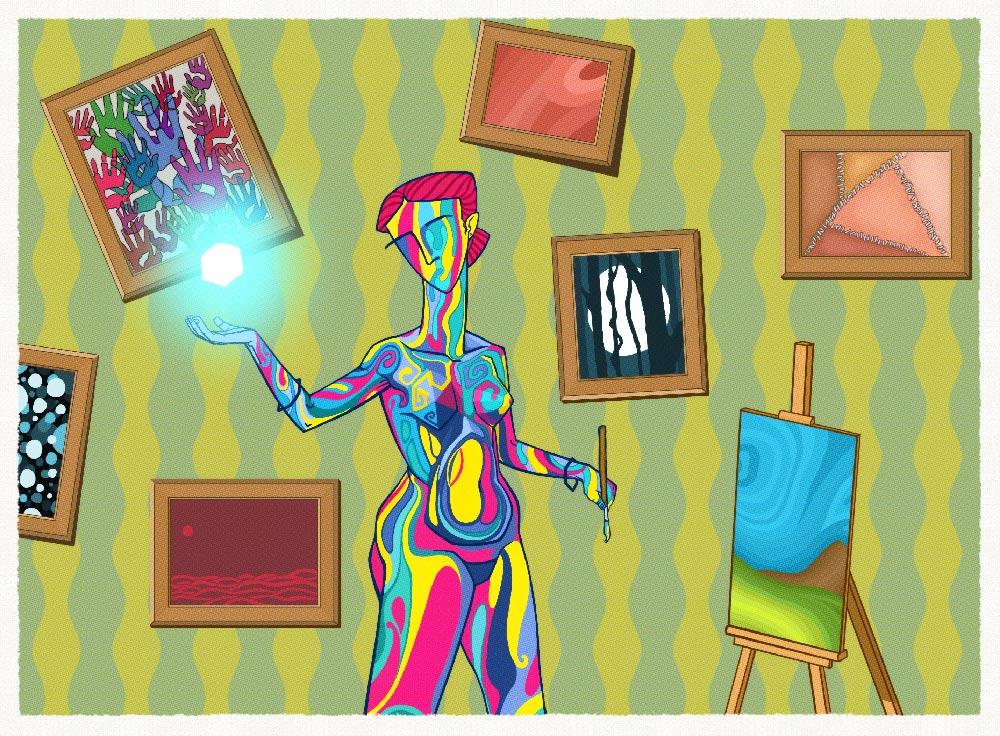
All artwork featured in this article is the original work of @artlover and is displayed here with the artist’s full permission. These images may not be reproduced, distributed, or used elsewhere without explicit, written consent from the artist.
Art is a deeply personal journey. It’s an expression of mind, spirit, and vulnerability. For many artists, creating a piece involves much more than just talent, that is, it demands emotional, intellectual, and physical investment. The process itself is often as valuable as the final product.
Every brushstroke or pixel becomes a dialogue with the world. And yet, no matter how much of yourself you pour into the work, one question always lingers - Does anyone care?
Will your piece reach the right eyes, the right gallery, or the right collection? Or will it sit in obscurity, unseen and unappreciated, not because of its lack of merit, but because it lacks the right story - sad
Why Art Is Not Just About Skill
The uncomfortable truth is not all art is created equal. Some works fetch millions, while others are move then beautiful, raw, and masterful. They gather dust in basements. So, what’s the difference? In my view, It’s rarely just the art itself.
In reality, the value of art is often constructed around the narrative that surrounds it. It’s about who made it, who displayed it, who bought it, and what the piece says about those involved. Art becomes less about emotional resonance and more about symbolic currency.
For the wealthy elite, art is not just an aesthetic pursuit, it’s a status symbol, a way of saying, “I belong. I understand. I am cultured, I have.. assets!”
Art has become currency. Those who know how to navigate the world of curators, collectors, and investors reap rewards that extend far beyond the satisfaction of artistic appreciation.
Are NFTs Changing the Art World?
The art world isn’t static. It’s evolving. Digital art and NFTs (non-fungible tokens) have redefined how art is created and collected. In theory, NFTs promise a more democratic model. Artists can bypass traditional gatekeepers like galleries and auction houses, connecting directly with global collectors.
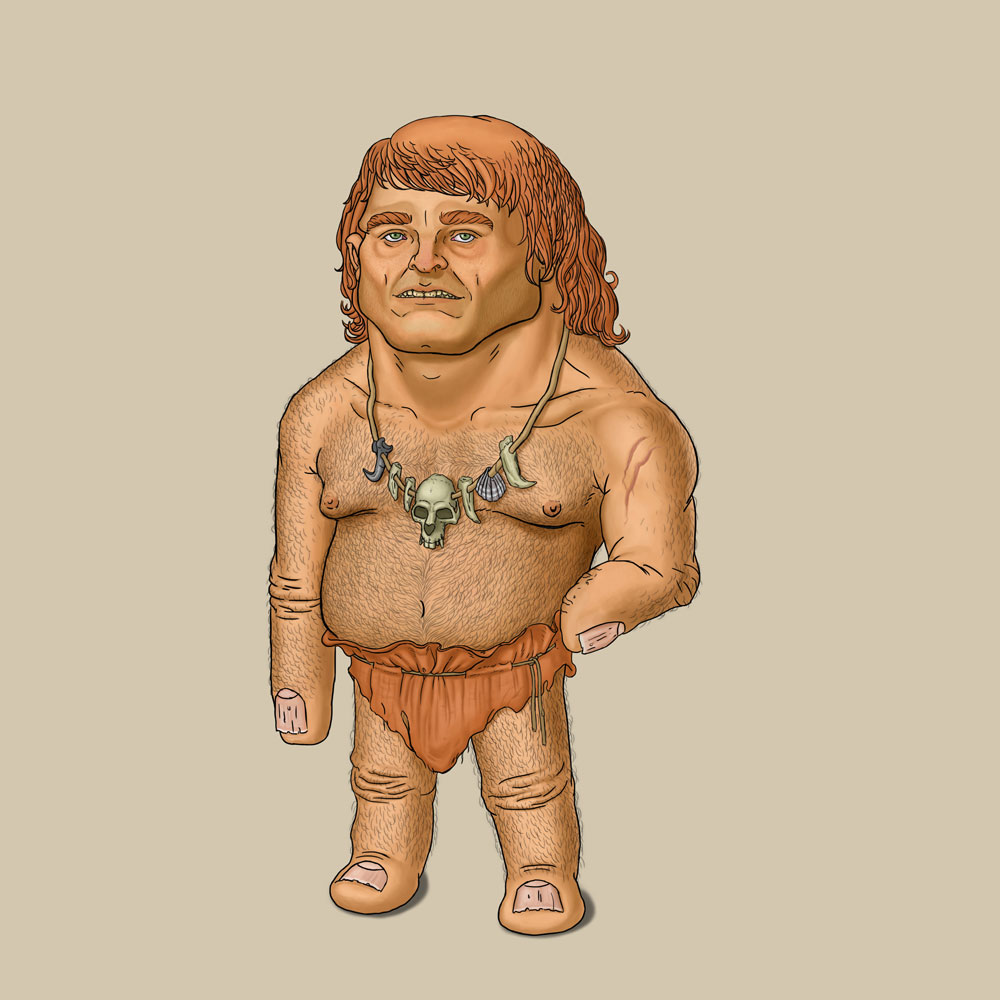
But is it truly a revolution or just the same game in a new digital suit?
For artists, NFTs present an exciting opportunity to directly engage with the market. For collectors, they offer a stake in the future of culture. But for the wealthy? NFTs are yet another frontier, a way to get in early, buy low, and manipulate the narrative of what’s considered “valuable” in the digital realm.
Owning an NFT is no longer just about the art. It’s about claiming your place in the evolving world of money, tech, and influence.
Who Really Benefits from NFTs?
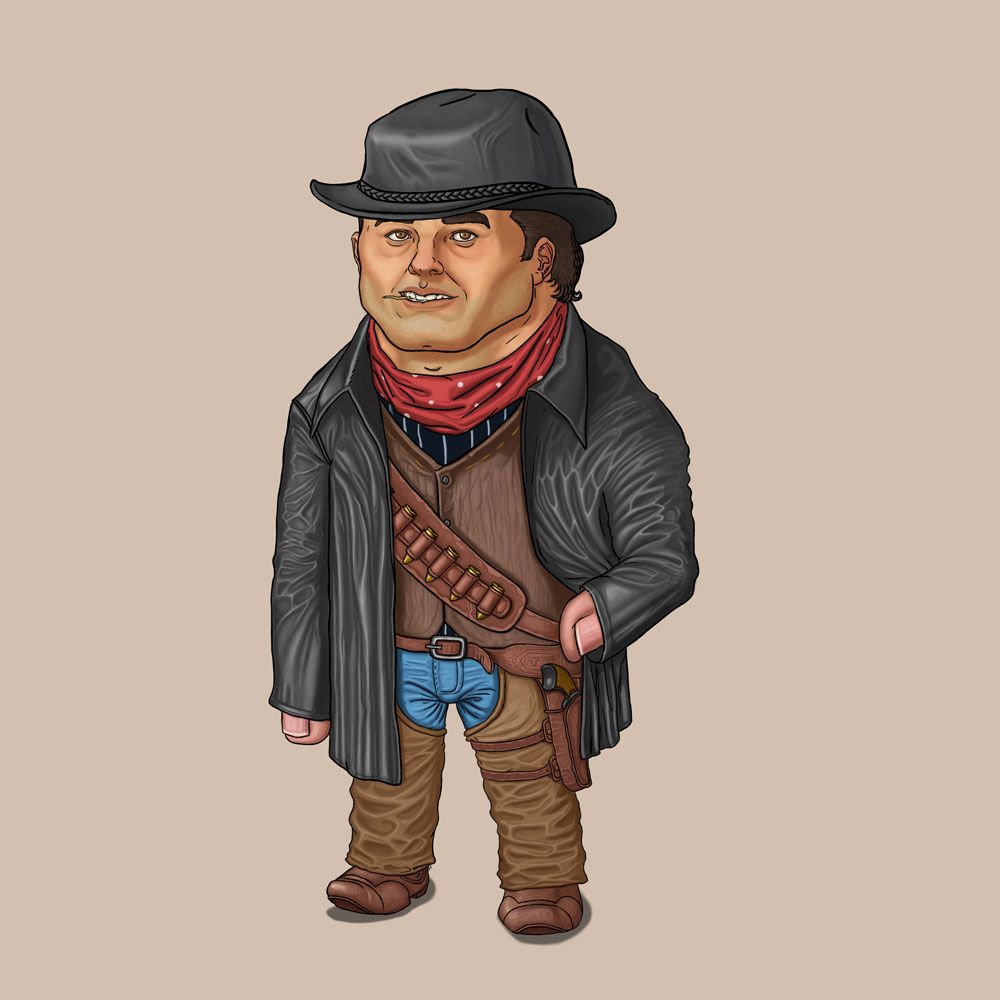
While NFTs promise a more inclusive art world, they often replicate the same systems of exclusivity that have long defined the traditional art market. To succeed in the NFT space, artists need more than talent. They need access to blockchain platforms, tech literacy, and connections to crypto communities and collectors with deep pockets.
For some, NFTs are a dream come true, an opportunity to bypass the old gatekeepers, for others, they’re just another system stacked against the unconnected, one that favors those already positioned to win.
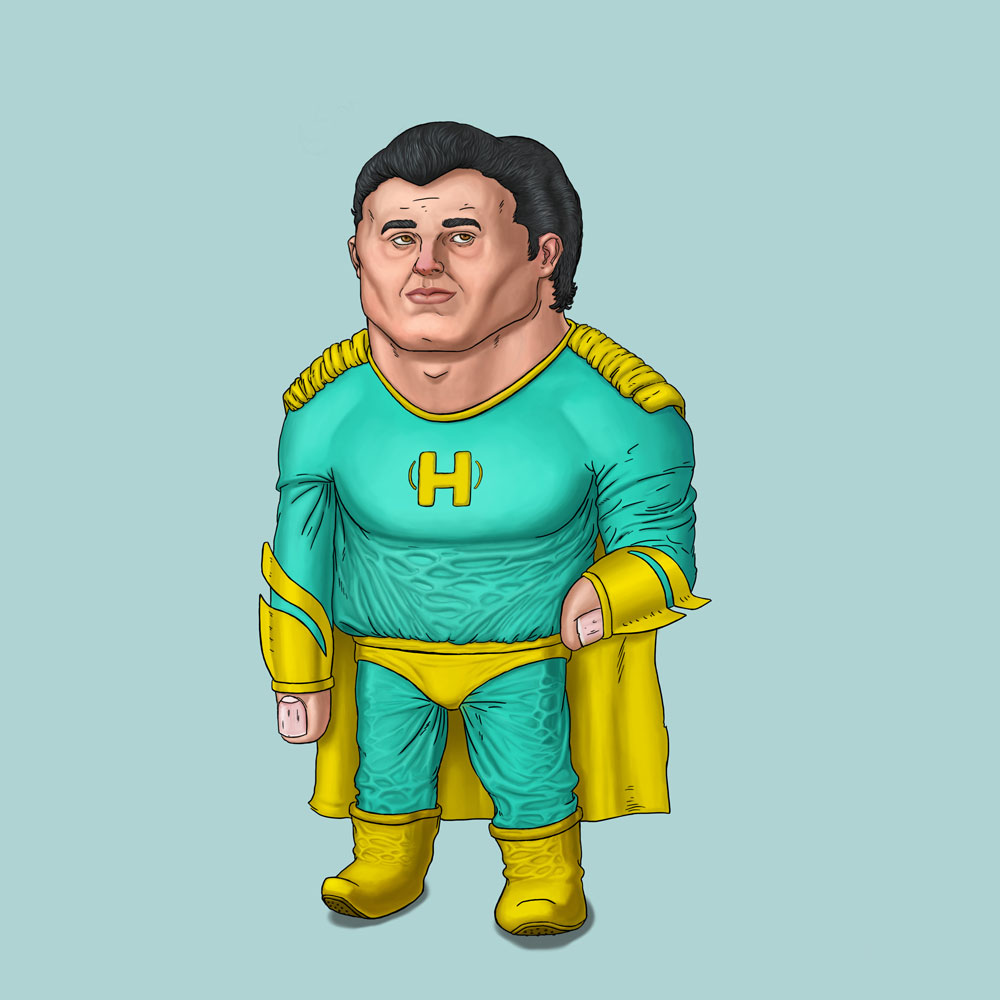
Is AI Taking Over Art Creation?
As NFTs reshape the economics of art, artificial intelligence is rewriting the very definition of what it means to create. AI can now generate complex works in seconds; entire portfolios with no human touch required. This kind of thought actually makes me feel ill and a betrayal to the human race, our chance to dream and create at least.
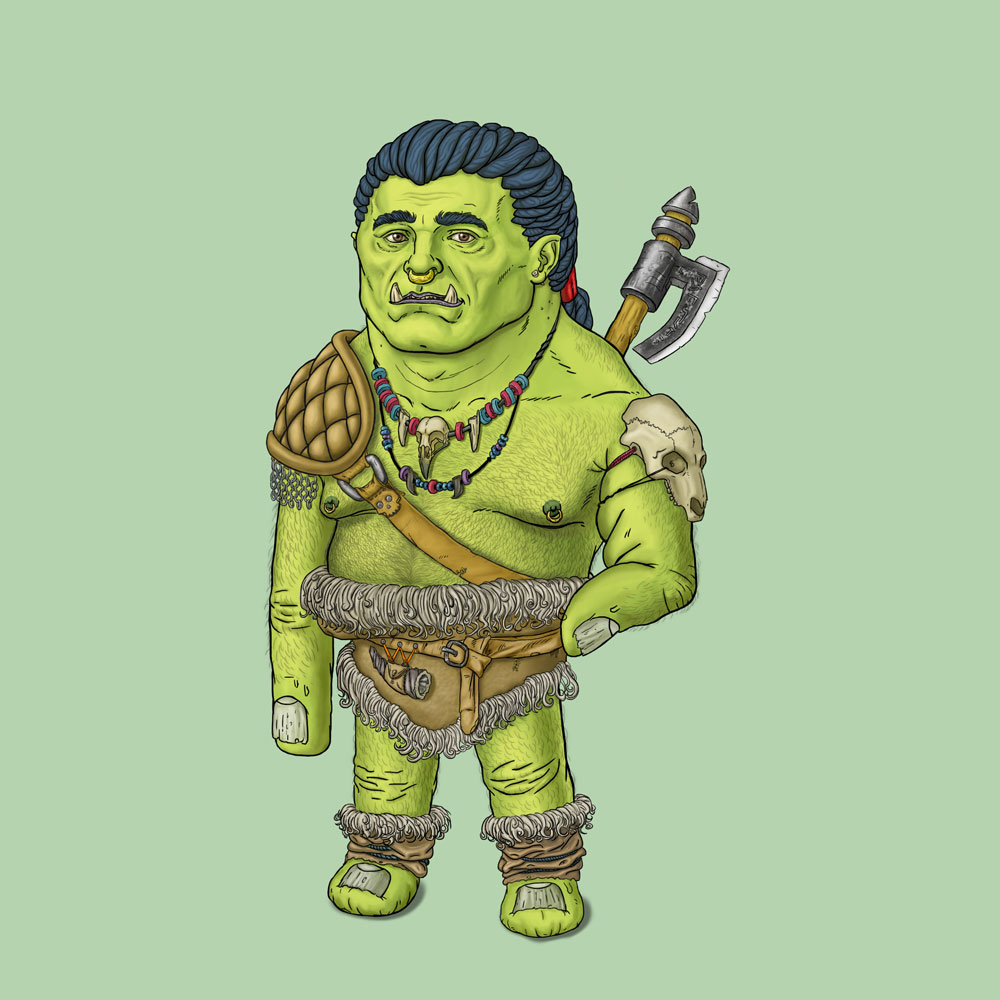
But what happens when art no longer requires human emotion, story, or sacrifice? Is it still art? Or does removing the artist strip away the very essence of what makes a work meaningful?
On one hand, AI democratises creation; anyone can produce art. On the other, it raises a crucial question: if art can be automated, what becomes of the artist? Are we witnessing the end of the human artist?
Who Holds the Power in the Art World?
From Renaissance patrons to modern-day collectors, the wealthy have long shaped the art world and not just through purchases, but by controlling the narrative around what art is “worth.” Now, with blockchain and AI, they have new tools to reinforce their influence.
Art has always been about power. Whether it’s displayed in a private gallery, minted on a blockchain, or generated by an algorithm, the value of art often lies more in the story it tells than in its intrinsic qualities.
The Big Question: Art or Just Stories?
In this era of digital disruption, we’re left with uncomfortable questions: - Can art ever be separated from the systems that give it value? - Are NFTs and AI truly liberating, or are they just new masks for the same old hierarchies? - And, perhaps most importantly, are we collecting art or simply collecting stories that reinforce our power over culture?
The Final Shock
In the digital age, the story is the art.
The narrative surrounding a piece has become more valuable than the work itself. Whether it’s the backstory of an NFT or the algorithmic process behind it, the story drives prices and not just the emotion or intention behind the creation.
But here’s a possible twist. In a world where blockchain and AI shape the narrative, how do we even define art anymore? Is it the brushstroke or the backstory we buy into?
Ask yourself this; When you buy an NFT, are you truly collecting art, or are you investing in a narrative that elevates it? The story might be the new currency, but it’s also the new power. Maybe that’s the allure, owning a piece of a story, not just a creation. Or maybe we’re just witnessing the evolution of art in ways we’re still trying to understand.
What if NFTs aren't the future of art? What if they’re just the next distraction, designed to keep us busy, entertained, and believing we own something unique, while the true power remains in the hands of the wealthiest few, manipulating the entire system?
And here’s the kicker: Is it a scam if you’re smart enough to make a fortune out of it? Is financial literacy more valuable in appreciating art than the allure of being mesmerized by the beauty of human-made art?
Maybe the real question isn’t whether NFTs are art — maybe it’s about whether the entire narrative is just another tool to sell us the illusion of uniqueness, while the true power lies in knowing how to profit from it.

Thank you for reading this post! What do you think? I'd love to hear your thoughts and comments.
This is my first time posting on a topic like money and 'things,' and I’m still finding my voice in this space. If you're feeling adventurous, throw a random topic my way, and I’ll take a shot at explaining it in an interesting or different way — especially how it might connect to money or finance… or not. 😏 Let’s see how deep the gerbil hole goes… er, I mean rabbit hole.